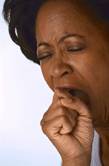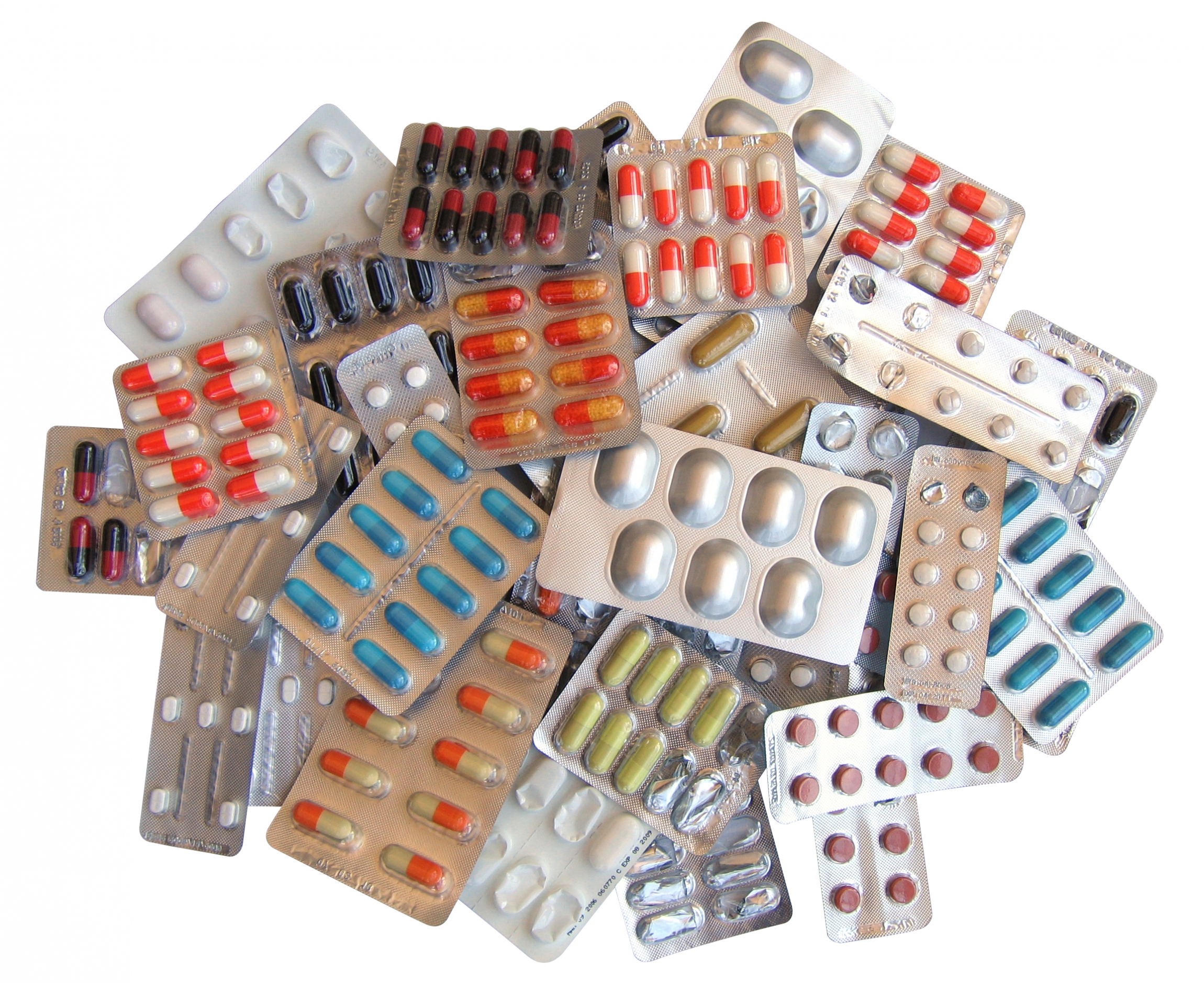
WEDNESDAY, July 13 (HealthDay News) — Top U.S. officials who have taken a hard line against air traffic controllers napping on the job are missing an opportunity to improve air safety, sleep experts say.
Studies have shown that short “power naps” have a rejuvenating effect, improving reaction time and critical thinking for people impaired by drowsiness, said Dr. Alon Avidan, associate professor of neurology and associate director of the sleep disorders program at the University of California, Los Angeles.
“The data show if people take a short power nap, it actually makes them perform much better,” Avidan said. “It doesn’t disrupt their sleep. It doesn’t make them wake groggy.”
The U.S. transportation secretary, Ray LaHood, has expressed opposition to napping by air traffic controllers. Under his guidance, the U.S. Federal Aviation Administration has added an extra hour to the amount of time controllers must be off between shifts, after incidents this spring when controllers were found sleeping while on overnight duty. But, the agency has kept its zero-tolerance policy for sleeping on the job.
However, Avidan said that an extra hour does not address the core problem. Air traffic controllers, like others working late shifts, are fighting against a number of biological factors that encourage their bodies to sleep — factors that only grow stronger as they remain awake.
“The longer we are awake, the more drive we have for sleep,” Avidan said. “It gets stronger and stronger as the day goes by.”
Chief among these factors is the body’s circadian rhythm, which helps set each person’s cycle of waking and sleeping.
The circadian rhythm tends to dip during late mid-day, at around 3 p.m. to 4 p.m. for someone working daytime hours. The dip makes the person drowsy, reducing their alertness and capabilities, Avidan said.
“That’s why we all go to Starbucks around 3 to 4 p.m.,” he said.
People eventually shrug off the effects of the circadian dip, but while it has them in its grip, he said, they’ll be slightly impaired.
Sleep experts believe it’s better if people don’t fight the circadian rhythm, particularly those whose jobs demand constant vigilance. Instead, they believe that employers should set aside space, such as a break room or duty area, where workers can go to grab a quick nap.
“All you need is about 15 or 20 minutes to have a significant impact on performance,” Avidan said.
The nap needs to be short. Anything longer than 30 minutes starts to encroach upon actual sleep and can have a detrimental effect on a person’s alertness, said Dr. Helene A. Emsellem, director of the Center for Sleep & Wake Disorders in Chevy Chase, Md.
“Long naps can be difficult to wake up from and are not as productive as short naps,” Emsellem said. Avidan agreed, adding that people who take longer naps are more likely to wake up groggy.
Nonetheless, power naps are not for everyone. Some people find it hard to wind down while they’re at work, Emsellem said. And some people simply will not nap, even if they need it, because of societal perceptions of people who sleep on the job, she said.
“Unfortunately, I think there’s a stigma attached to taking a nap, so many people don’t take advantage of the opportunity,” she said. “We tend to think of sleepy people as lazy people.”
On the other hand, workers should not burn the candle at both ends and expect to successfully substitute on-the-job naps for actual sleep.
“A nap is a Band-Aid, in a sense,” Emsellem said. “You don’t want to Band-Aid grossly misallocated sleep with a power nap. Employees need to understand their sleep requirements.”
But for those who could use a workday nap, research has found that employers are beginning to catch on, with a growing number offering workers a place to power nap, she said.
“I don’t think it’s an unreasonable option to have available,” Emsellem said. “As we move toward a 24/7 society, we have to be careful to give people the opportunity to get the sleep they need.”
More information
The U.S. National Heart, Lung, and Blood Institute has more on healthy sleep.

